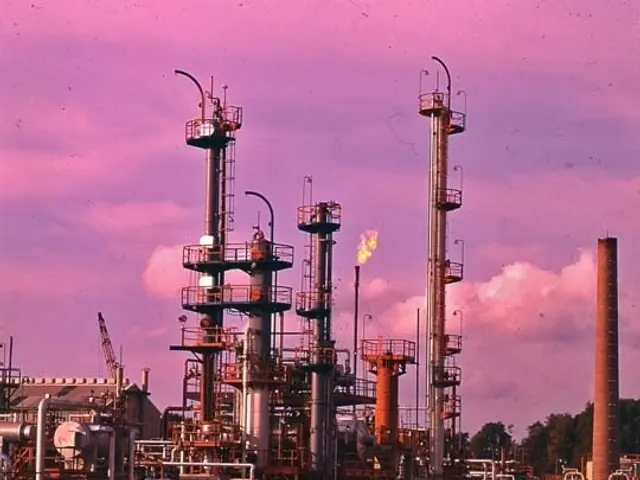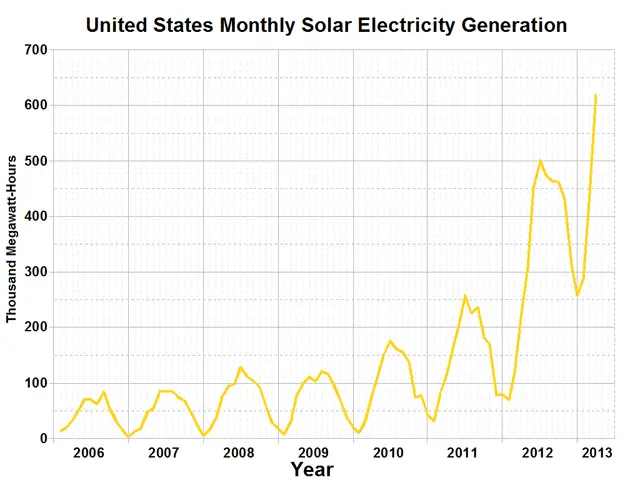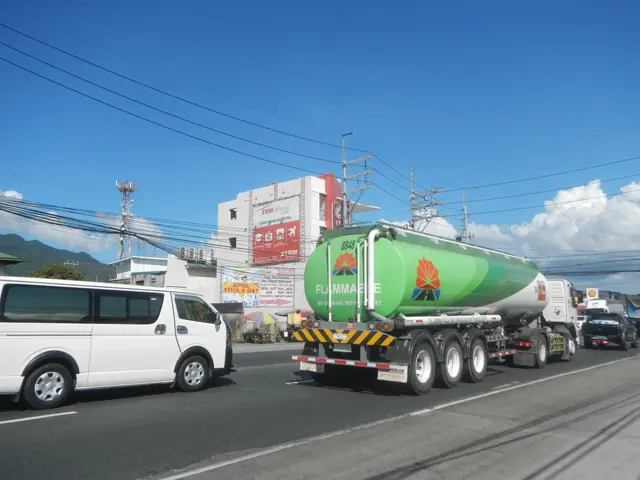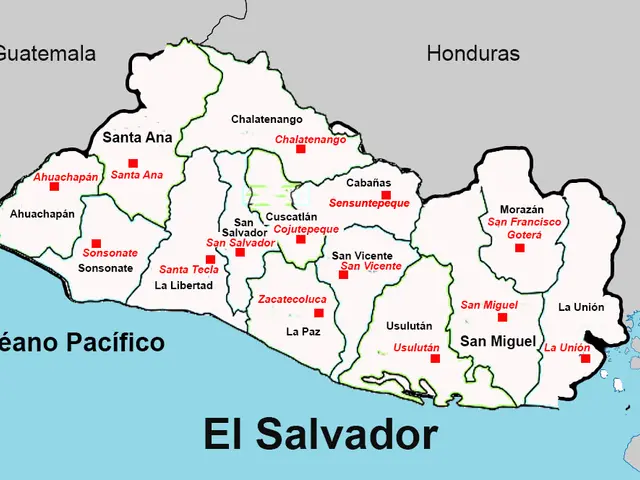No Need for Environmental Assessment for LNG Terminal on Rügen's Coast
The authorities in Schwerin have confirmed that an environmental impact assessment (EIA) will not be carried out for the proposed liquefied natural gas (LNG) terminal on Rügen's coast. Initially, there were questions about whether an EIA was necessary. However, discussions with the German government and the Federal Administrative Court in Leipzig changed their stance.
Recently, "Der Spiegel" reported on a potential EIA, which could lead to a delay in the terminal's operation. Plans remain for the terminal to become operational next winter, with the federal government and project sponsors emphasizing energy supply security. On the other hand, critics argue that the project represents unnecessary excess capacity.
The LNG Acceleration Act (LNGG) grants the exemption from an EIA in the interest of energy supply security. The spokesperson for the Ministry of the Environment in Schwerin admitted that they occasionally had concerns about whether the gas shortage still existed. However, the Federal Ministry of Economics and the Federal Network Agency continued to assume a gas shortage.
Moreover, the Federal Administrative Court rejected an urgent application by Deutsche Umwelthilfe (DUH) against a section of the connecting pipeline for the terminal. The court confirmed the gas shortage and the validity of LNGG, thereby authorizing the waiver of an EIA.
Despite ongoing debates about the potential environmental impacts, both the federal government and the project sponsors remain committed to the terminal's operation next winter and the exemption from the mandatory EIA due to the gas shortage assumptions by the Federal Ministry of Economics and the Federal Network Agency.
Source:
Enrichment Insights:
- Liquefied natural gas (LNG) terminals are used to import or receive LNG. LNG is natural gas that has been cooled down to a liquid state for easier transport and storage.
- The EIA is an assessment of the potential impacts of a proposed development on the environment. It is typically a requirement for large-scale projects, such as LNG terminals.
- The LNG Acceleration Act (LNGG) is a German law that allows for the waiving of the EIA in specific circumstances, such as to ensure energy supply security.
- Deutsche Umwelthilfe (DUH) is a German environmental protection organization that advocates for environmental protection and other social justice issues. They often challenge projects that they believe harm the environment.








